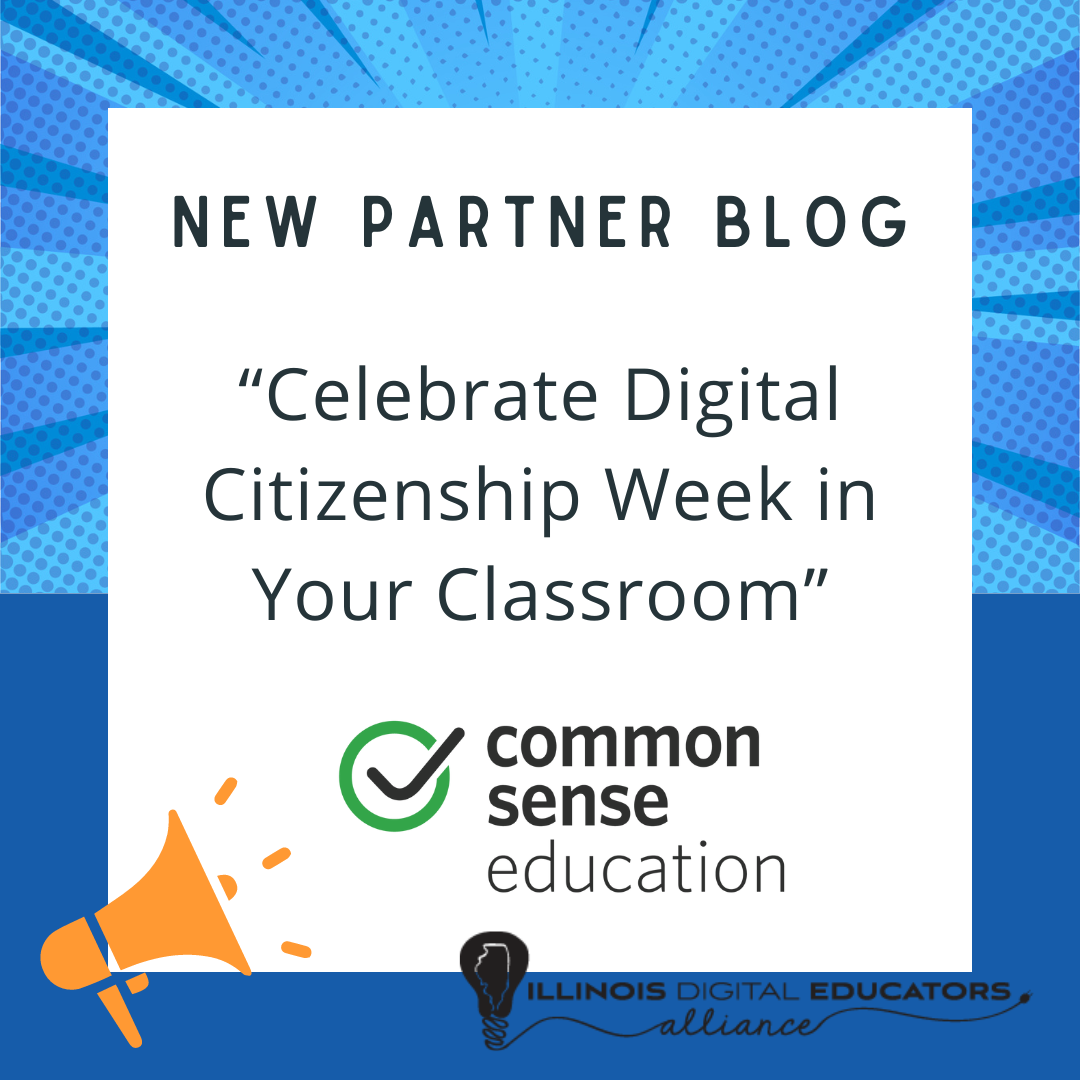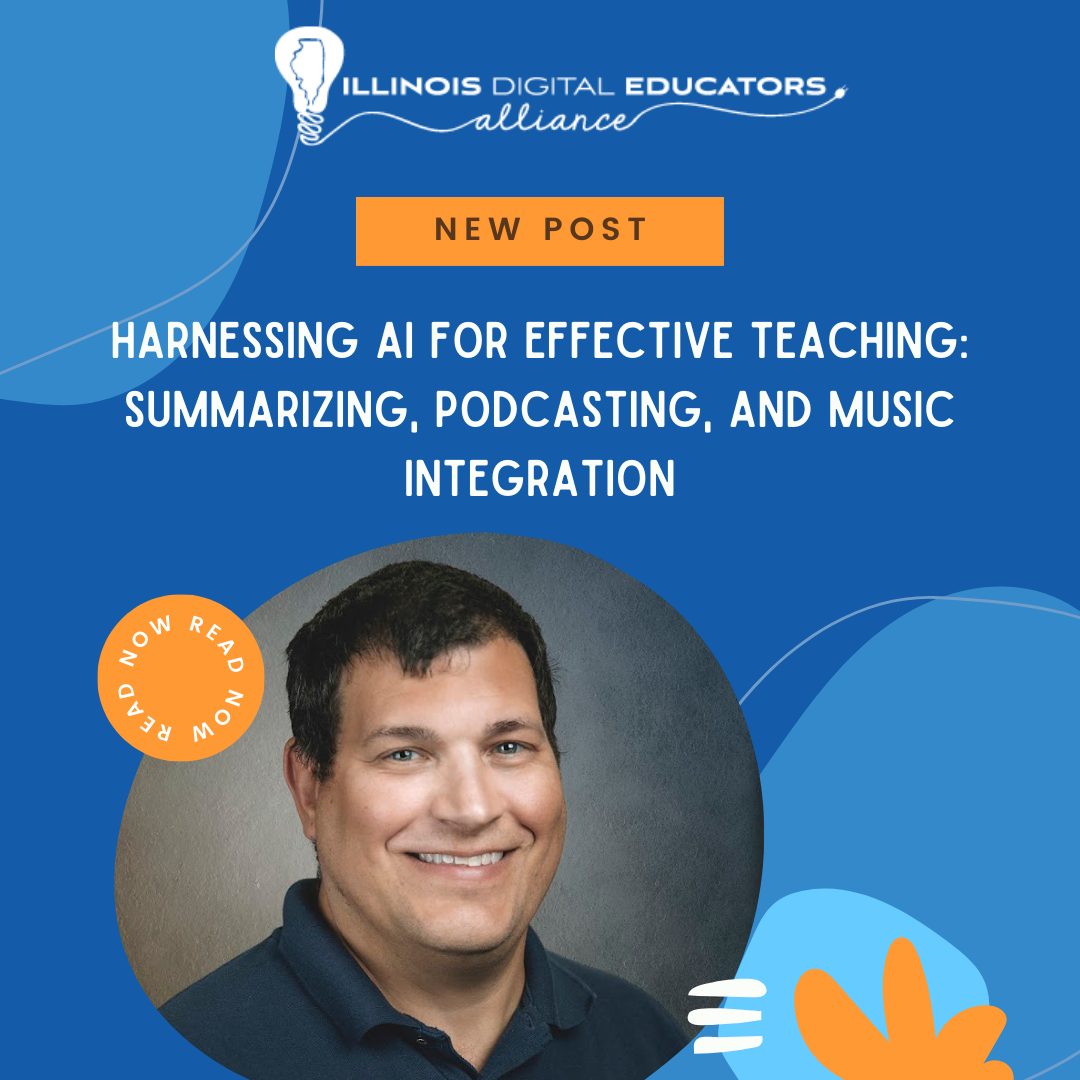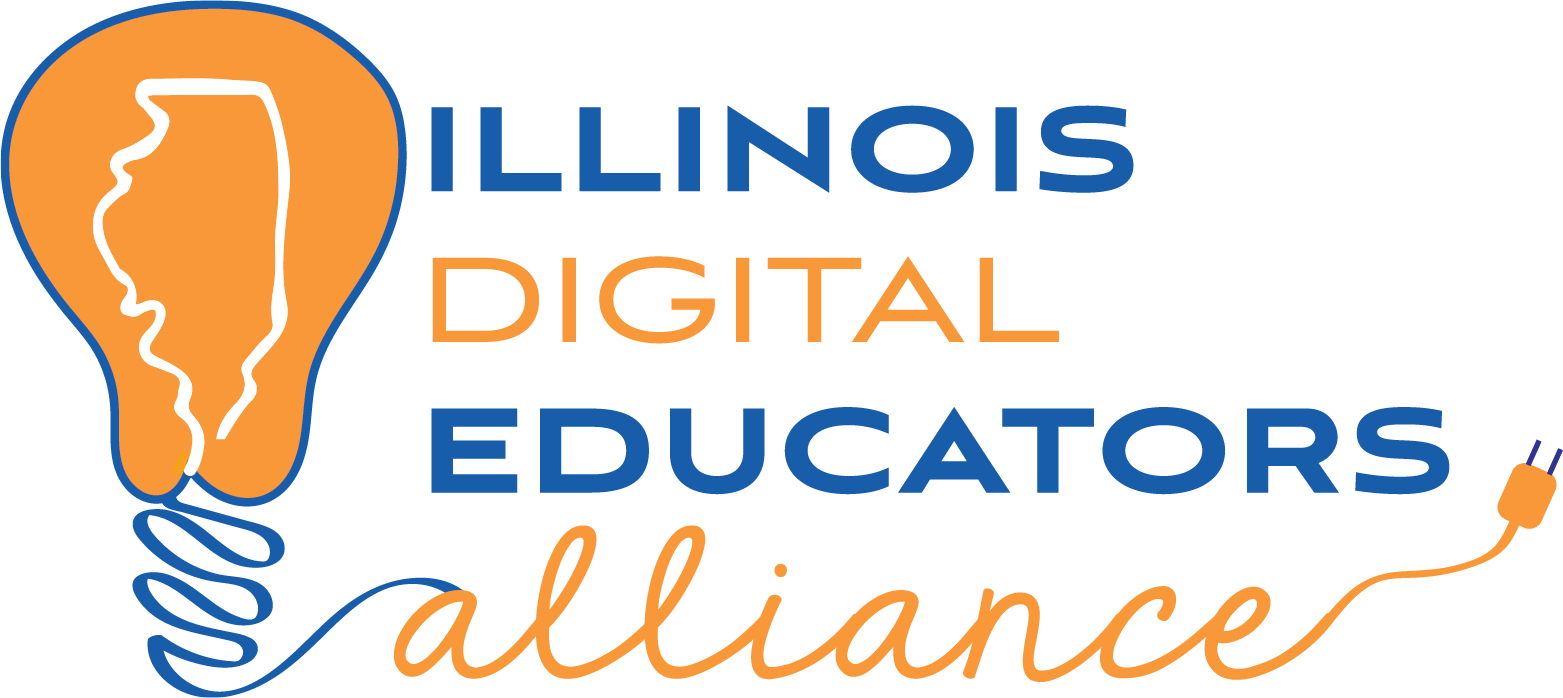The IDEA Blog
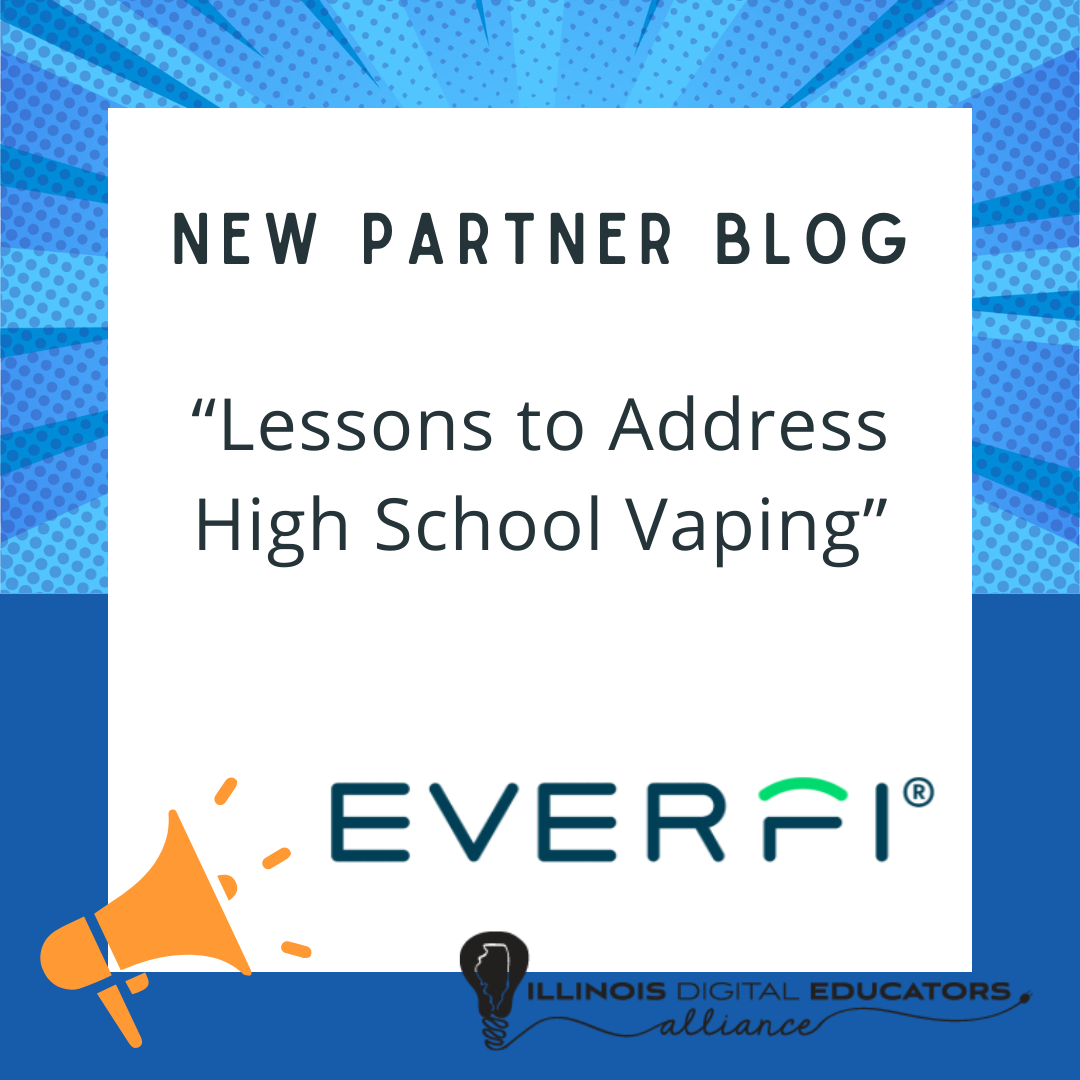
According to the U.S. Data from the 2024 National Youth Tobacco Survey 1, 8.1% of students reported current use of any tobacco product. While we may not fully understand the long-term effects of students vaping, science shows that any kind of substance addiction can impact the brain and body, leading to long-lasting impacts. With EVERFI’s interactive high school vaping prevention courses, students can come to understand what vaping is, how it affects the body and the implications of vaping during a global pandemic. This blog article includes in-depth resources to help you get started on the path to your own vaping prevention program for high school students.
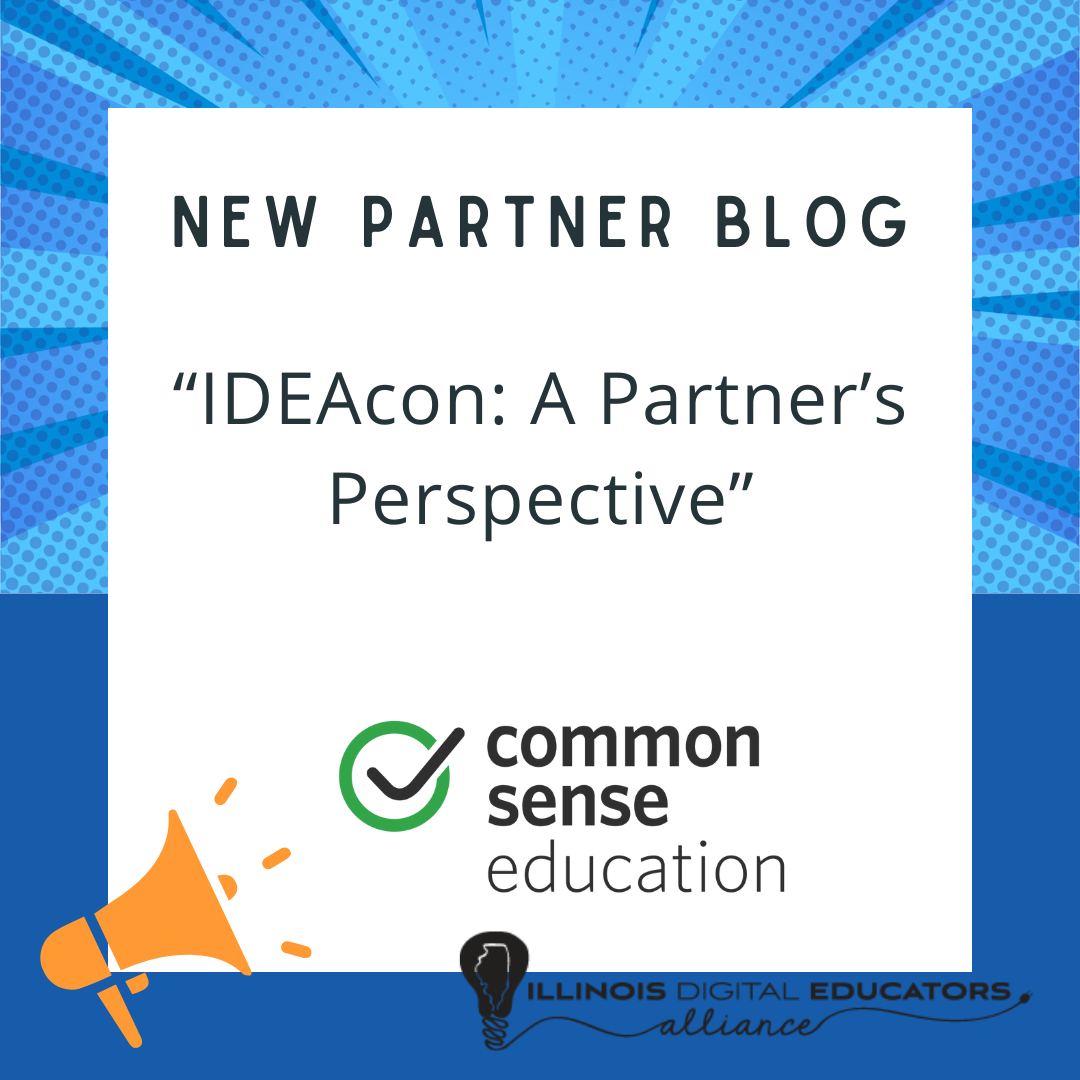
A few weeks ago, I had the incredible opportunity to represent Common Sense Education at IDEAcon, a thought leadership conference focused on current education topics and innovative practices.The experience was transformative, bringing together featured speakers, a dynamic exhibit hall and highlighting educator stories. Read on to see my session recap.
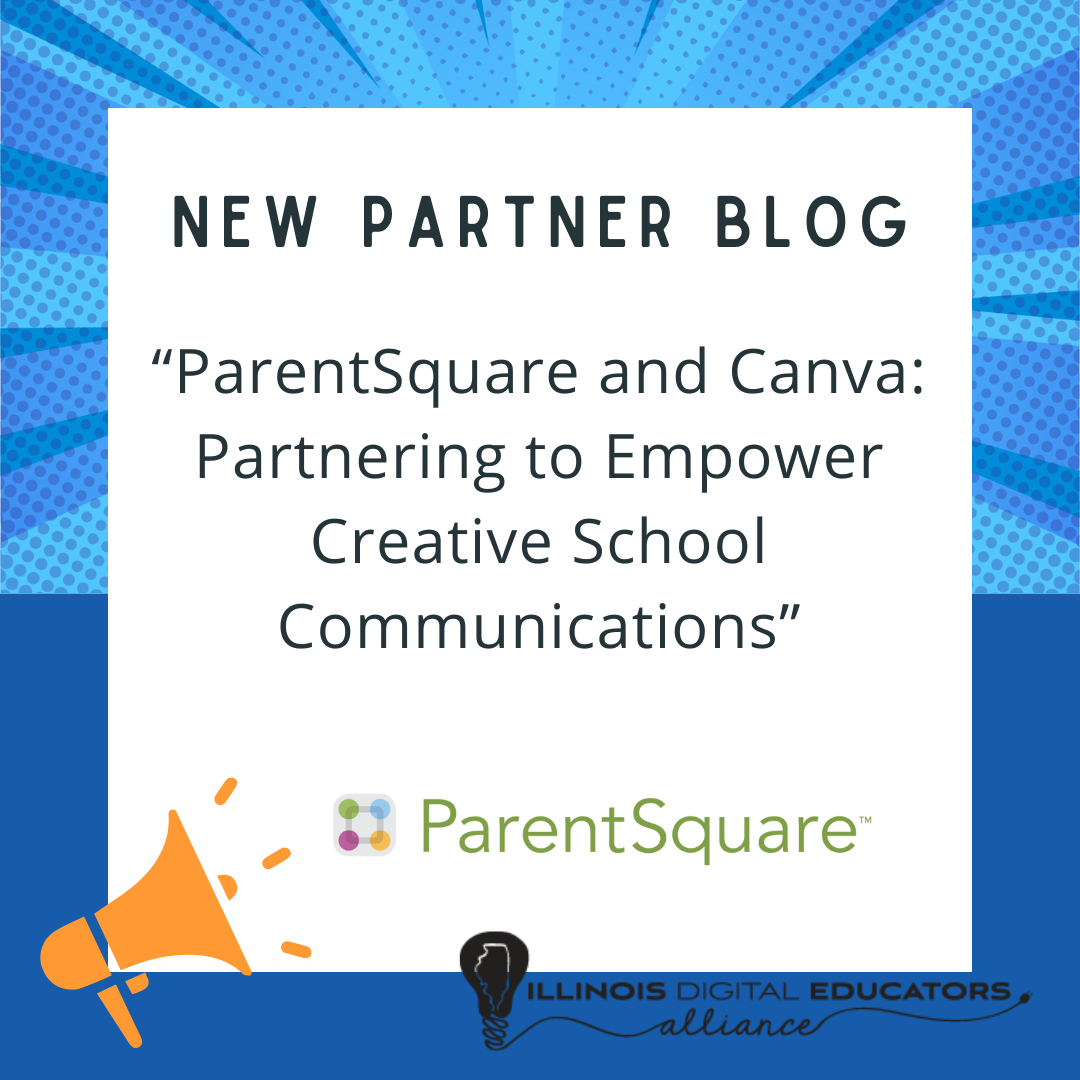
Between websites, social media, and feeds, there’s no shortage of places for districts to share information about events, school achievements, volunteer opportunities, and more. To support districts and educators in creating eye-catching visual content, ParentSquare has partnered with Canva for Education. Read on for some of the tips and ideas they shared for using Canva with ParentSquare and Smart Sites.

The first week of the CodeHS road trip started in the heart of the Midwest — Illinois! Each classroom visit was packed with hands-on learning, insightful questions from students, and fun coding challenges in Python. Here’s a look back on our first few stops in Illinois, the activities we hosted and incredible students and teachers we met along the way.
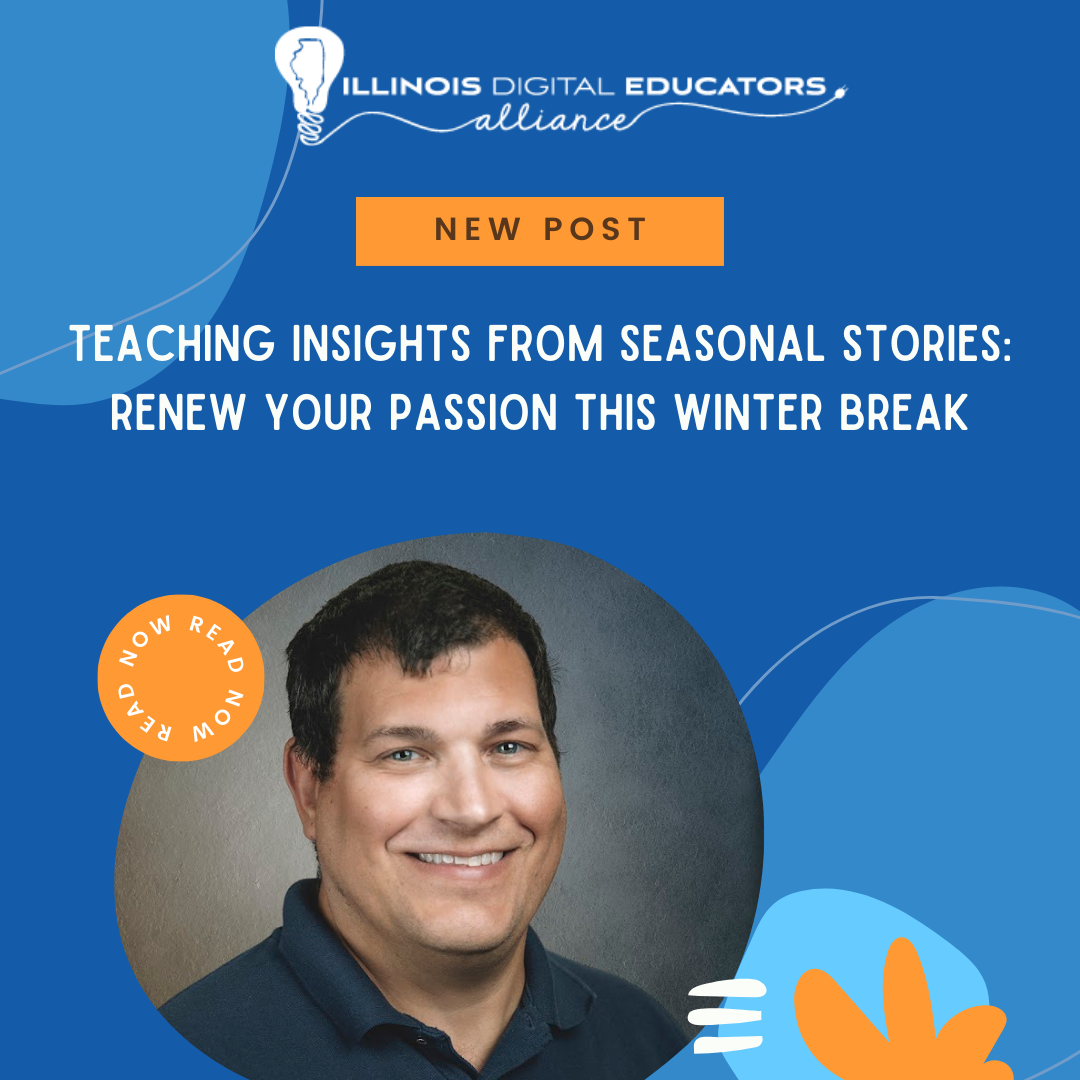
As winter break approaches, this is the perfect time to reflect on the past school year while planning ways to recharge and return to school refreshed for 2025. One tradition that always helps me reset during this time is revisiting some of my favorite seasonal classics. Each film beautifully embodies three timeless lessons we can all benefit from: the power of reflection, the importance of gratitude, and the opportunity for growth.
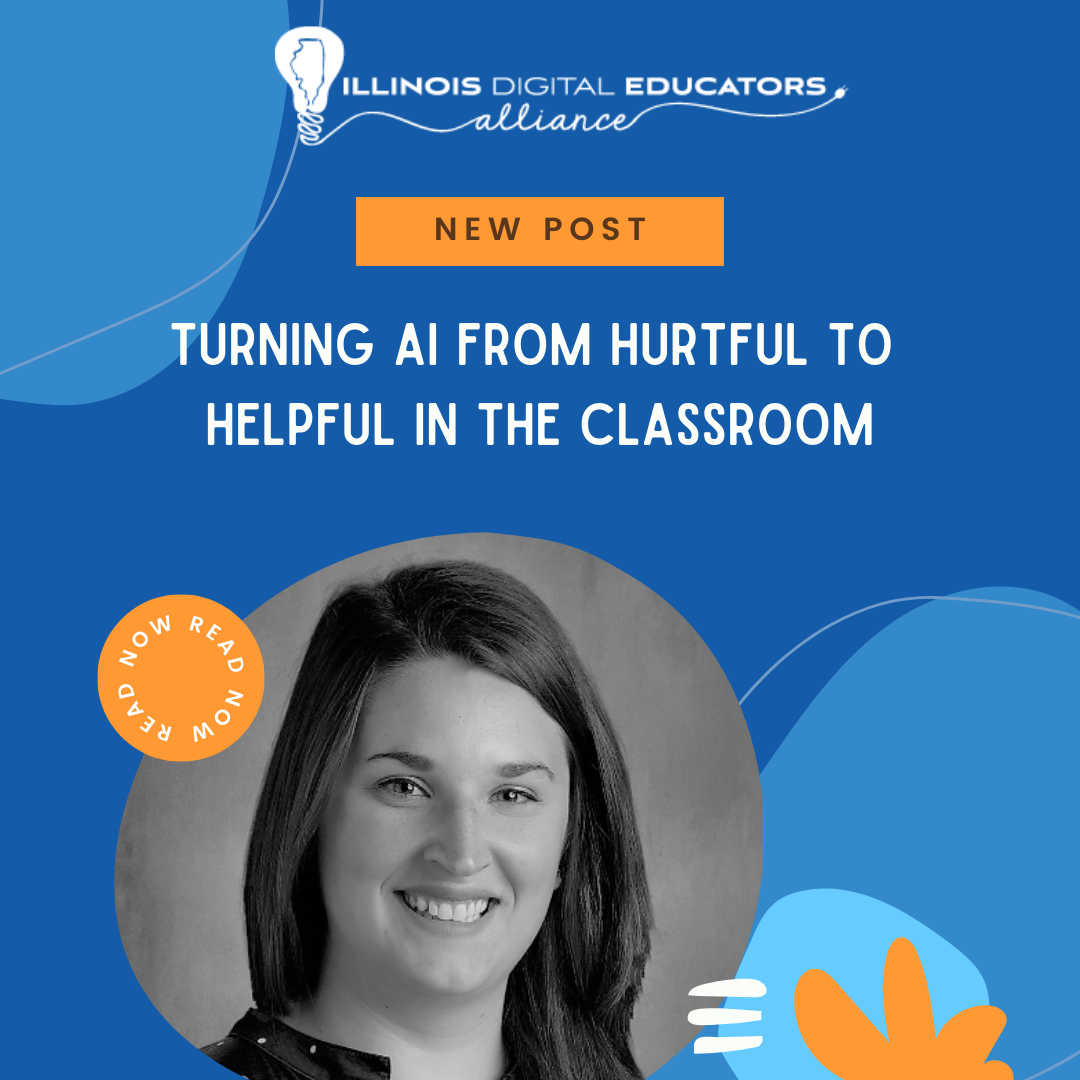
AI has become an integral part of everyday life, especially in education. From personalized learning to administrative assistance, AI holds the potential to revolutionize how we teach and learn. As educators, it's crucial to shift AI from being a hurtful tool to a helpful one in the classroom. This blog discusses how educators can harness the power of AI to support students, enhance learning experiences, and improve educational outcomes.
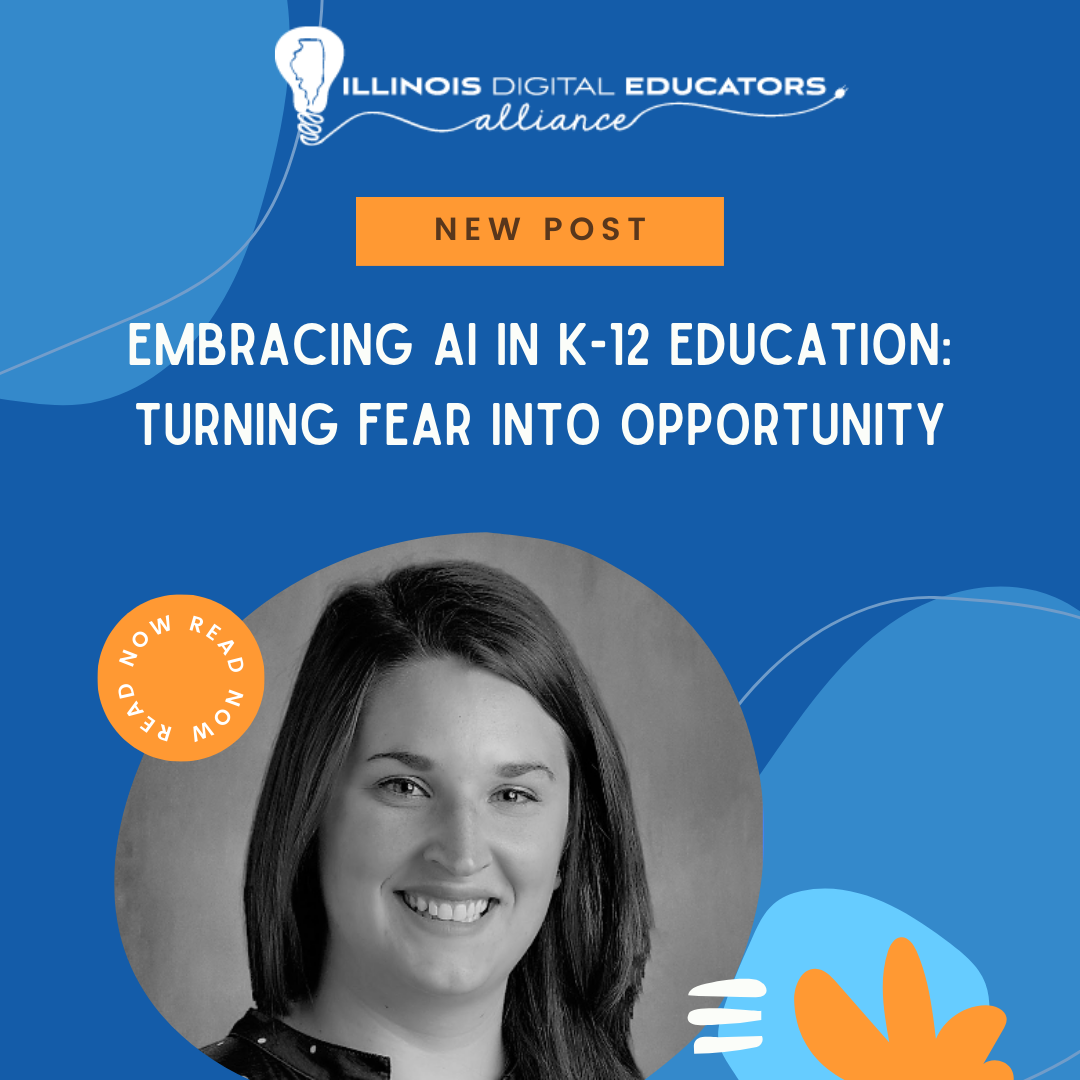
The rapid advancement of artificial intelligence (AI) has created waves of excitement and apprehension across many industries, including education. For K-12 educators, AI holds the promise of transforming teaching and learning. Yet, many teachers also harbor concerns: Will AI replace my role? Can it be trusted? Will it widen the digital divide? These fears are valid, but they don't have to hold educators back. Instead AI can lighten the load of educators' plates and provide a way to change the face of student projects.
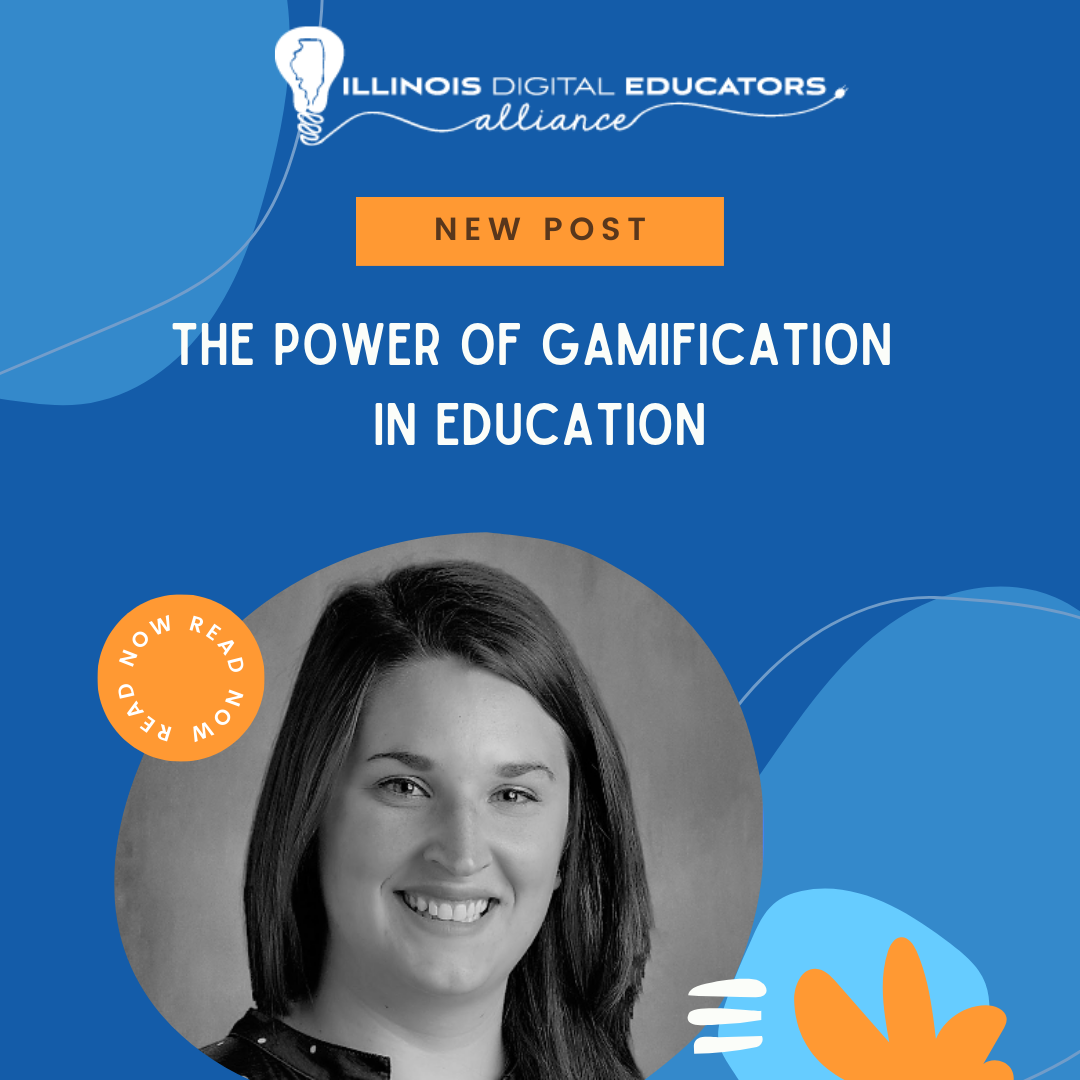
Gamification is a powerful tool that brings the excitement of games into learning environments. It not only makes learning more fun but also helps build critical skills in a memorable way. This blog from IDEA Governing Board Member, Sara Reynolds, explains gamification and lists effective ways to introduce game-based learning into classrooms.
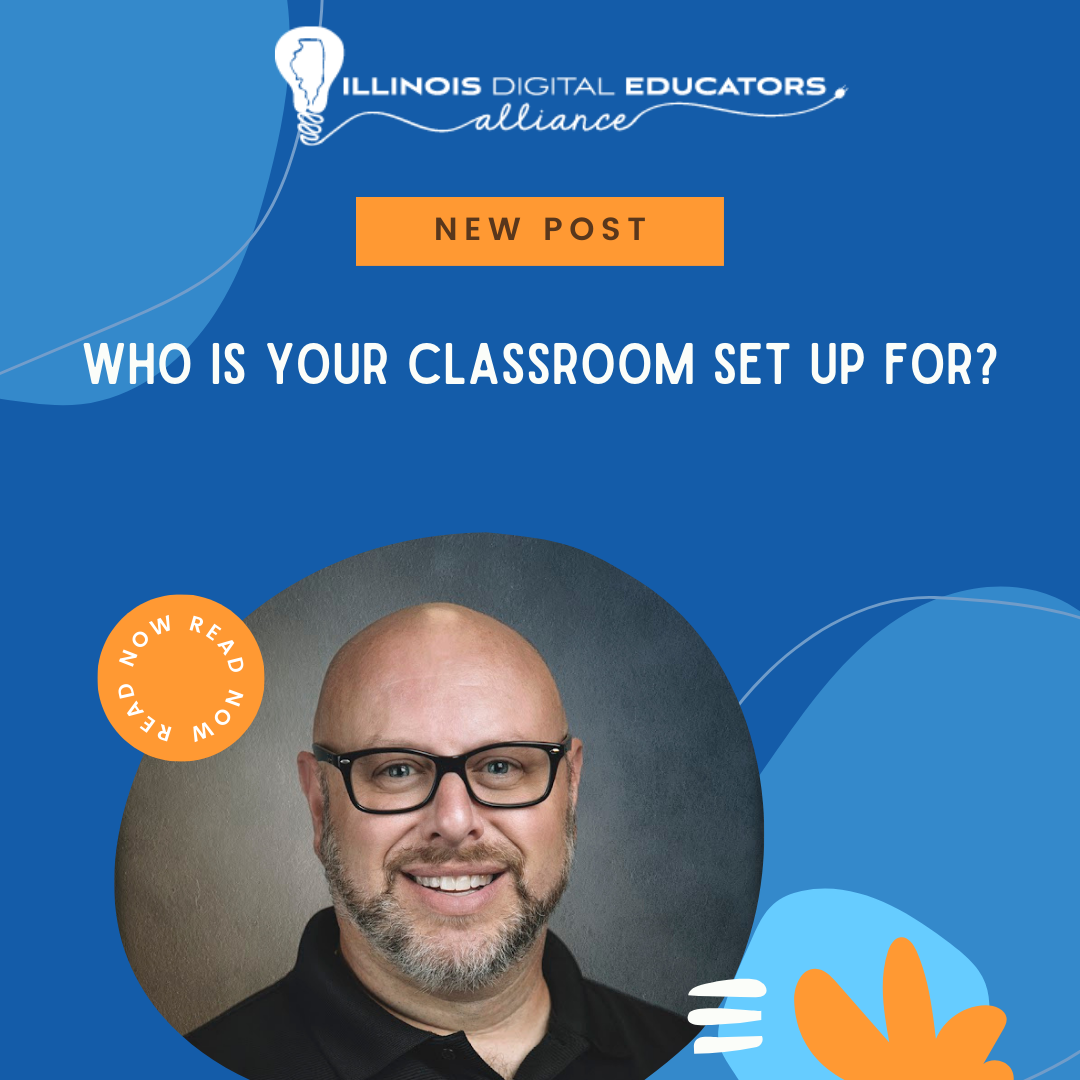
As educators, we must continuously learn, reflect, and adapt our teaching practices to ensure that our classrooms are inclusive spaces where all students can thrive. This means challenging our assumptions and being mindful of the diverse ways students engage with learning. Are you creating an environment where every student—introverted or extroverted—feels valued and able to contribute?


